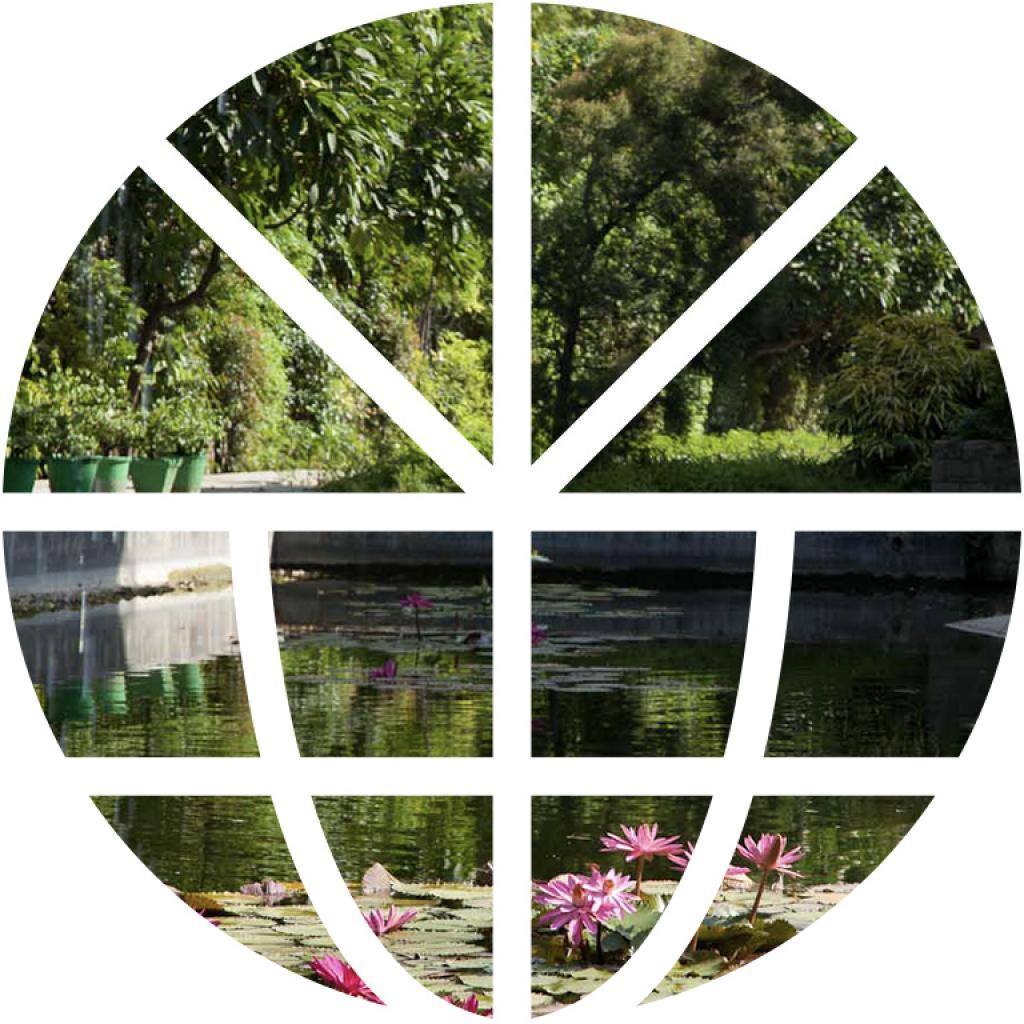Shadow Monetary Policy Committee
04 December 2018, 05:30 am
Shadow Monetary Policy Committee
Programme Type
Discussions
Shadow Monetary Policy Committee
Panelists: Dr. Arvind Virmani, former Chief Economic Advisor, Govt. of India and Executive Director, IMF; Indranil Sengupta, Chief Economic Advisor, Bank of America Merrill Lynch; Dr. S.S. Bhalla, Senior India Analyst, The Observatory Group; Prof. B.L. Pandit, Dept. of Economics, Delhi School of Economics, University of Delhi; and Dr. Charan Singh, Chief Executive and Director, EGROW Foundation
(Collaboration: EGROW Foundation for Economic Growth and Welfare)


